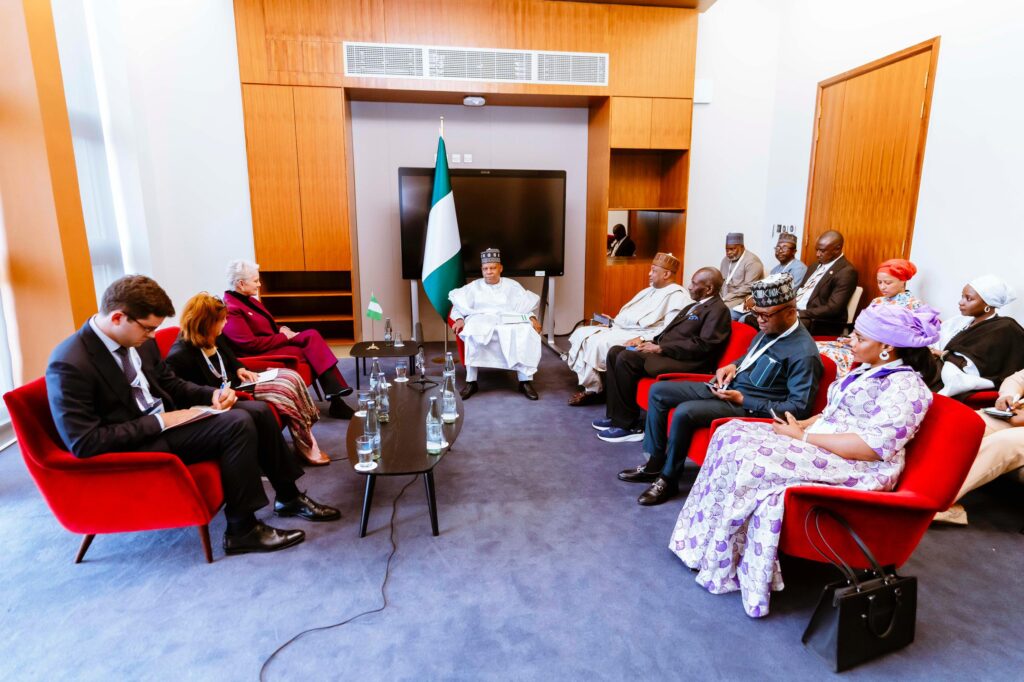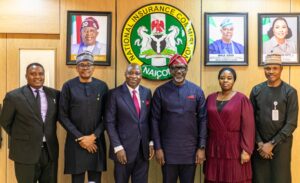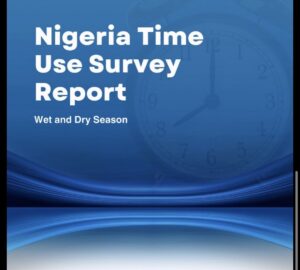Shettima declares food sovereignty Nigeria’s ultimate goal

Abdullateef Fowewe
Vice President Kashim Shettima has emphasised that Nigeria’s national sovereignty cannot be truly achieved without food sovereignty, urging global partners to join in rebuilding sustainable, inclusive food systems across Africa.
Speaking at the UN Food Systems Summit +4 in Addis Ababa, Ethiopia, Shettima underscored President Bola Tinubu’s comprehensive strategy to tackle Nigeria’s food security challenges, especially in conflict-affected and vulnerable regions.
“Our target is to attain food sovereignty. So long as a nation is not independent in the area of food sovereignty, it remains a non-sovereign nation,” the Vice President declared.
“President Tinubu’s declaration of a State of Emergency on Food Security reflects genuine concern for the welfare of our people, especially in areas like the North East, where conflict has devastated communities.”
Shettima highlighted that with 25 million vulnerable people in fragile regions, the government’s approach includes coordinated policy measures through the Presidential Food Systems Coordinating Unit (PFSCU) to harmonise interventions without displacing existing bodies.
He added, “We have initiated food support mechanisms, but charity is not the answer. In displaced camps, we promote food production for dignity and resilience.”
Underscoring a market-driven agricultural transformation, Shettima said, “Entrepreneurial capitalism is embedded in the psyche of the average Nigerian.”
The government is investing heavily in improved seeds, extension services, climate-resilient farming, and mechanisation to boost productivity.
On the sidelines of the summit, the Senior Special Assistant to The President on Media & Communications (Office of The Vice President), Stanley Nkwocha, revealed that Shettima held productive talks with top leaders of the FAO, IFAD, and WFP.
With FAO Director-General QU Dongyu, he advocated for a multi-pronged approach to revive the Lake Chad region from environmental degradation, climate change, and conflict.
Qu Dongyu praised Nigeria’s leadership commitment and pledged enhanced support.
In discussions with IFAD President Álvaro Lario, Shettima stressed empowering smallholder farmers, particularly youth and women, focusing on productivity and commercialization rather than handouts.
He expressed plans to scale up IFAD-supported projects.
Similarly, talks with WFP Executive Director Cindy McCain reaffirmed a shift towards sustainable solutions while appreciating ongoing humanitarian work, including school feeding and nutrition programs.




